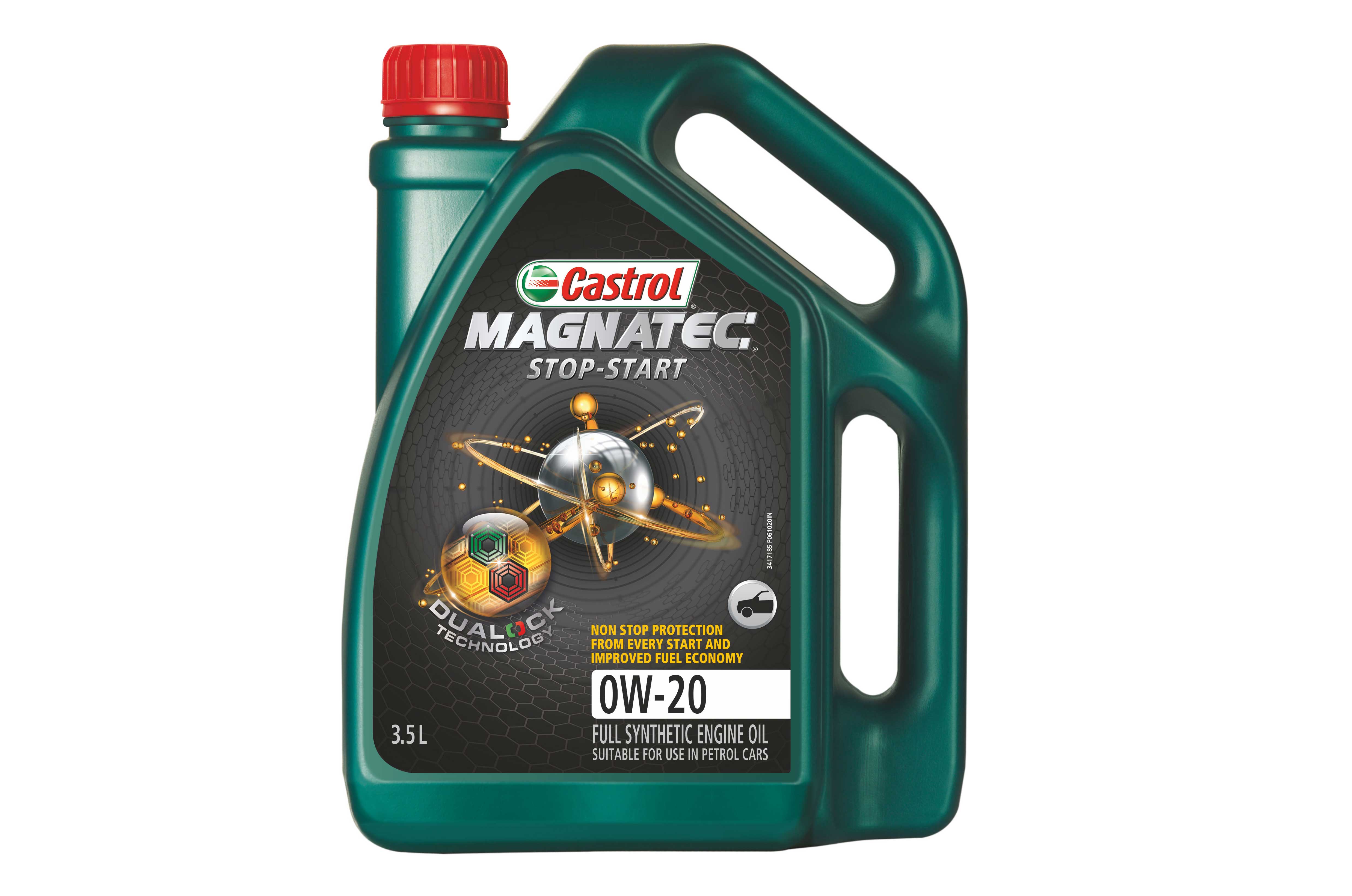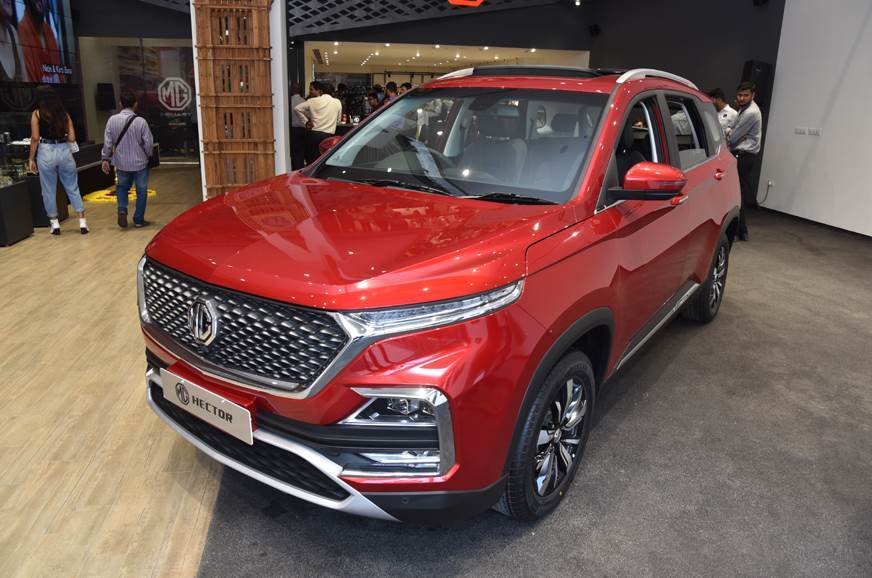
We’re roughly eight months away from the implementation of the BS6 emission norms in India. As the deadline of April 1, 2020 draws closer, vehicle manufacturers are upgrading their models as refineries prepare for the challenge of supplying BS6 fuel to all parts of the country. Also hard at work to drive into the BS6 era are lubricant manufacturers, and one of them is Castrol, which has started rolling out its first BS6-grade lubricants for vehicles.
Castrol’s Magnatec (four-wheelers), Vecton (commercial vehicles) and Activ (two-wheelers) lubricants are now available for BS6-compliant vehicles, and the company intends to introduce a wider variety of BS6-grade lubricants across India in a phased manner.
Speaking to Autocar India, Rajesh Madathingal, Technology Head, Castrol India Limited, highlighted what went into upgrading the company’s line-up of automotive lubricants to be suitable for BS6-compliant vehicles, and what were the challenges the lubricant manufacturer faced in making them.
“Euro 6 was implemented 7-8 years ago, so there was some learning we could leverage globally (expertise and experience from global R&D) and bring it to India, but India presents its own challenges. The traffic conditions are different, highway speeds are lower, there are regular stop-start situations and traffic jams and for BS6, our products had to be optimized accordingly”, said Madathingal.
Noting that Castrol spent three years developing the BS6-grade lubricants, Madathingal mentioned the company used its globally available low SAPS (Sulphated ash, Phosphorous and Sulphur) lubricant platform as the base for its BS6 lubricant range. That said, Madathingal notes that apart from the optimizations made bearing the Indian driving conditions in mind, “there isn’t much of a difference” between BS6-grade lubricants and Euro-6 lubricants.
One query many will have is whether BS6-grade lubricants will be backward-compatible for BS4 vehicles. Castrol says most of its lubricants will be backward-compatible, but it won’t be a direct fit in some cases, and for those, Castrol will provide recommendations. The company also plans to educate 2.5 lakh mechanics across India in the next 12 months about the importance of BS6 lubricants. And it’s important – while most BS4 vehicles will be able to run smoothly on BS6 lubricants, BS4 lubricants cannot be used in a BS6 vehicle, and creating awareness among the masses will be a challenge, admits Castrol.
Castrol is aiming to have a full range of BS6-grade lubricants available for all categories of vehicles by April 2020, but will also continue to offer lubricants for vehicles that adhere to older emission standards.
“Only where there is a considerable difference in engine and lubricant requirements, will we continue to have two ranges of products. We will continue to offer products that work across, and for vehicles of all emission standards. Most of our products will be BS6-grade in the next 12 months”, said Kedar Apte, Vice President – Marketing, Castrol India Limited.
While BS6-compliant cars and BS6 fuel will cost more than before, Castrol suggests prices of its BS6-grade lubricants won’t be higher than the prices of its BS4 range of lubricants.
“We've been very conscious of the cost factor, and to not pass on any additional burden to the consumers. There won't be a significant price increase because of BS6 transition”, added Apte.
from Autocar India https://ift.tt/2MpD90u
via IFTTT

No comments:
Post a Comment